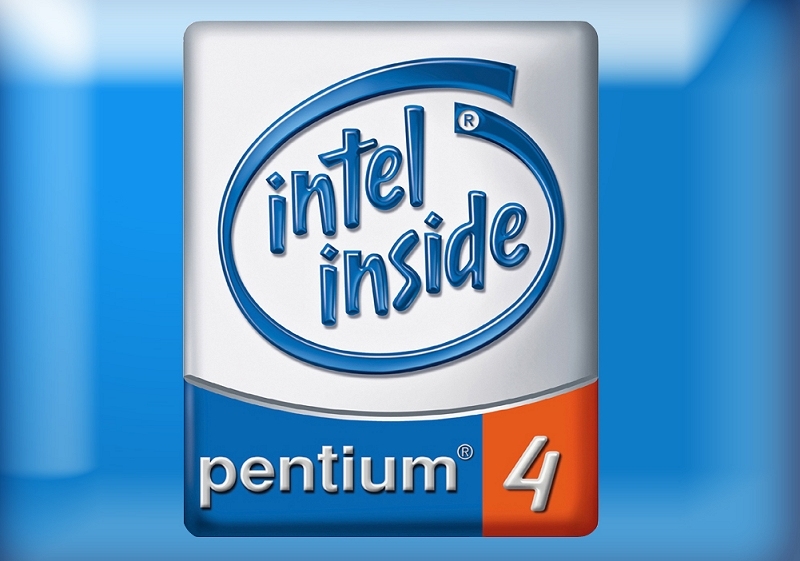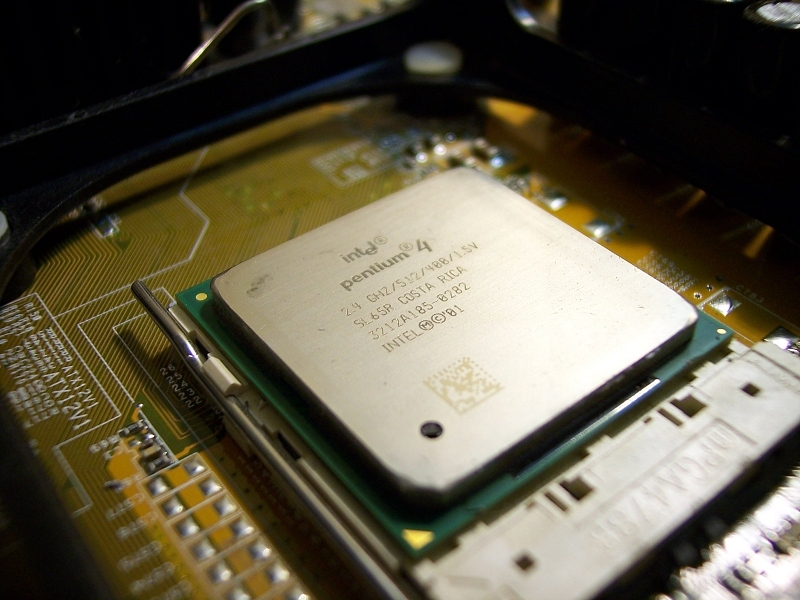
Did you purchase a computer powered by Intel’s Pentium 4 processor roughly 15 years ago? If so, you may be eligible to receive a cash payout of $15 as settlement in a long-running class-action lawsuit against Intel and HP.
The lawsuit alleges that Intel and HP manipulated benchmark scores for its Pentium 4 processor during the heated processor war with rival AMD.

So, who’s eligible to apply for compensation? The proposed settlement limits eligibility to residents of the United States (except those living in Illinois) who purchased a new computer equipped with a Pentium 4 processor between November 20, 2000 and June 30, 2002. The machine must have been purchased for personal family or household use.
The settlement works out to about a buck a year – not exactly a hefty bounty but money is money if you were affected.
It’s worth pointing out that both companies have denied these claims from the get-go but agreed to the settlement, perhaps just to be done with the whole fiasco. And in addition to paying claims to customers, Intel has agreed to donate $4 million to education non-profits as part of the settlement.
Fortunately, you won’t be required to come up with a receipt to prove you purchased a P4 system. Instead, class members will be required to sign the claim form under good faith and risk perjury if they aren’t truthful.
The deadline to submit a claim form is April 14, 2015.
https://www.techspot.com/news/58673-intel-class-action-settlement-pay-who-purchased-pentium.html